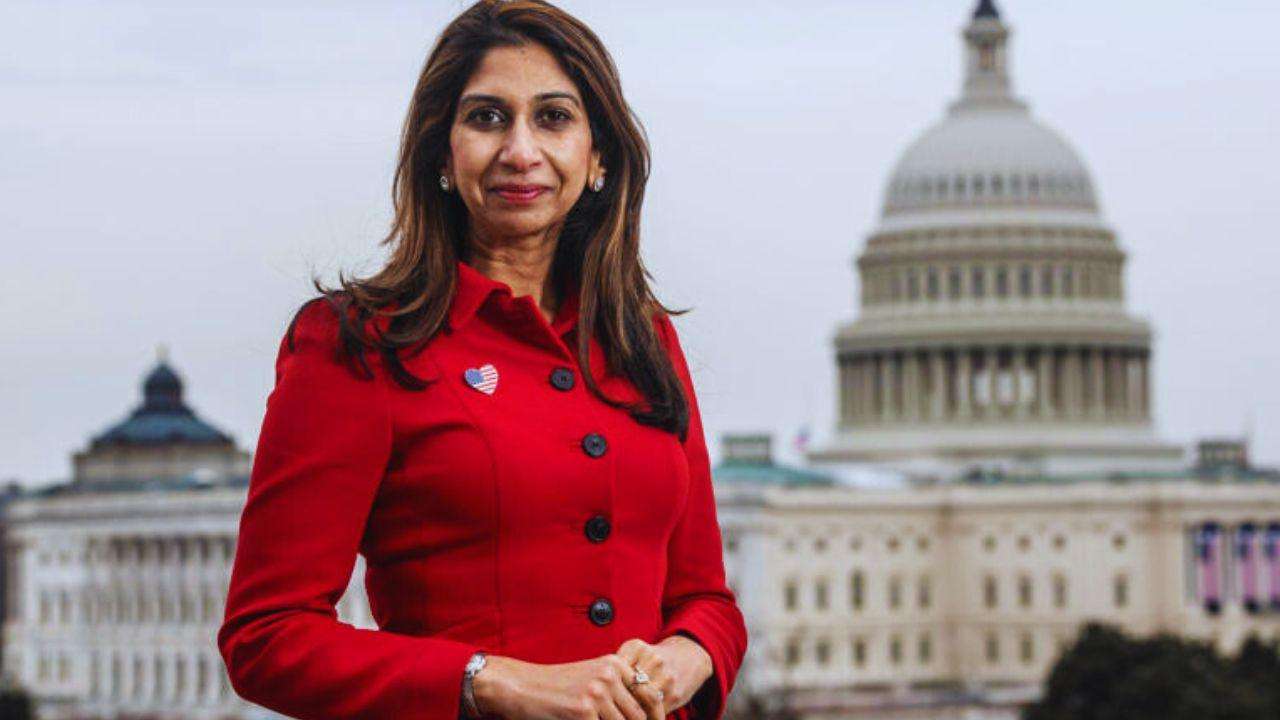Muslims follow a lunar calendar, causing Ramadan to shift approximately 11 days earlier each year. In 2025, Ramadan is expected to begin on the evening of February 28, with the first full day likely falling on March 1. However, the exact start date depends on the sighting of the new crescent moon, typically confirmed by the UAE’s moon-sighting committee on the evening in question.
For only the second time in nearly 25 years, Ramadan aligns with the cooler season, bringing shorter days, a shorter fasting period, and milder weather. This year, the month also includes the spring equinox, resulting in approximately 12-hour fasts on March 20.
Like other months in the Islamic calendar, Ramadan usually lasts 29 or 30 days. Its end is also declared when the new moon can be seen in the sky after sunset. The final day of the Holy Month could be either 29 March or 30 March. Eid Al Fitr, the three-day festival that marks the end of Ramadan, begins the next day.
Why is Ramadan important?
Muslims believe that God revealed the first verses of the Quran – Islam’s holy book – to the prophet Muhammad (PBUH) through the angel Jibreel (also known as Gabriel) during Ramadan. The month is seen as an opportunity for both spiritual and physical cleansing.
What do Muslims do during Ramadan?
Like Lent for Catholics, Muslims turn to spiritual matters over the Holy Month. To commemorate the revelation of the Quran, they abstain from eating and drinking during daylight hours, say dedicated prayers, such as the nightly tarawih, take part in community activities and donate to charity. It’s also a time to gather with family, friends and neighbours, with many welcoming others into their homes.
What do I need to know about Ramadan fasting rules?
Fasting, or sawm, is one of the five pillars or central tenets of Islam. In Ramadan, this means refraining from eating, drinking and smoking between dawn (fajr) and sunset (maghrib). It’s mandatory for all adult Muslims to fast in Ramadan – unless they are ill, pregnant, nursing or travelling. Those who skip a fast should make it up later.
The meal before the fast begins at dawn is called suhoor, while the fast is broken at sunset with iftar. In the Arab world, tourists and visitors will likely find themselves invited to these cultural moments. Special foods are served at this time of year, such as fresh dates; harees, a porridge of wheat and slow-cooked meat; thareed, a hearty stew served layered over bread; and balaleet, sweetened vermicelli flavoured with cardamom and saffron, and topped with an omelette.
How does Ramadan affect my travel plans?
Ramadan travel advice depends on where you’re going. In the UAE and other Muslim-majority nations, offices close early and working hours change to help support those who are fasting. Business travellers might find fewer meetings are scheduled during this period. Public transportation schedules may also change, so plan ahead just to be sure.
What are some of the major Ramadan customs and traditions?
Each nation across the Middle East has its own special way of celebrating the Holy Month. If you’re in Abu Dhabi, you’ll want to catch the canons being fired to mark the end of the daily fast (near the Sheikh Zayed Grand Mosque, Qasr Al Hosn and elsewhere). On Gargee’an, which takes place midway through the month, Saudi and Omani children have their version of trick-or-treat; dressed in traditional attire and singing songs in exchange for sweets and nuts from neighbours. In Northern Africa, Ramadan lanterns are a common sight – Tunisia has a lantern procession (Zarour el Ramadan). Meanwhile, across the region, from Palestine and Lebanon to Iraq, musaharati callers walk through neighbourhoods at dawn, playing on drums and singing traditional songs waking people for their suhoor meal.
Are restaurants shut during Ramadan?
Some restaurants and cafes close during daylight hours in parts of the Middle East, making it challenging to find food or drink until sunset. Airports and major transport hubs usually accommodate non-fasting travellers, but dining options may be limited or modified. Most Gulf countries – including the UAE – have been taking a more relaxed approach in recent years, and many restaurants and cafes open normally, while some extend their opening hours to accommodate for iftar and suhoor.
Even if you aren’t fasting, it’s respectful to avoid eating, drinking, or smoking in public during fasting hours in countries that observe Ramadan. Some regions enforce these restrictions legally, while others rely on social courtesy, so it’s worth checking what the local customs are. You’ll also want to dress more conservatively to feel comfortable.
What is Eid Al Fitr?
Eid is the Arabic word for festival or feast. The end of Ramadan ushers in Eid al Fitr, the festival of the breaking of fast. In 2025, the holiday is expected to begin on 31 March in the UAE and Saudi Arabia – but that date could vary by a day depending on local moon sightings. There are communal prayers, gifts are exchanged (so take one to any parties you’re invited to) and you’ll be offered a lot of food. Take a moment to wish someone “Eid Mubarak” if you’re in a Muslim-majority country; the greeting translates to “Blessed Feast”.
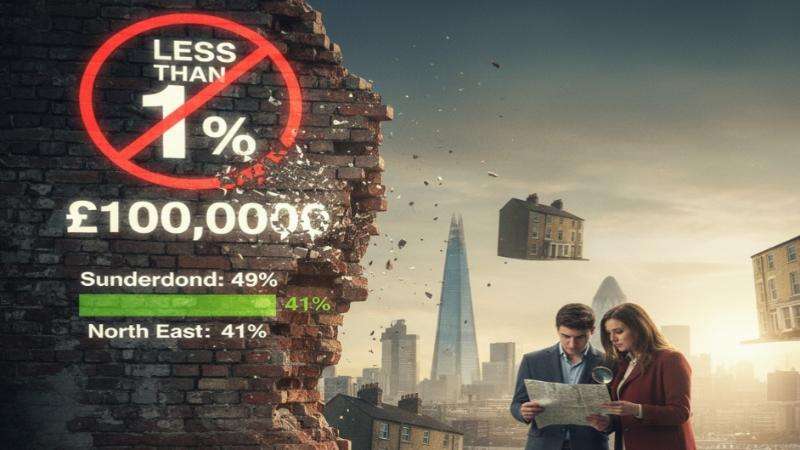
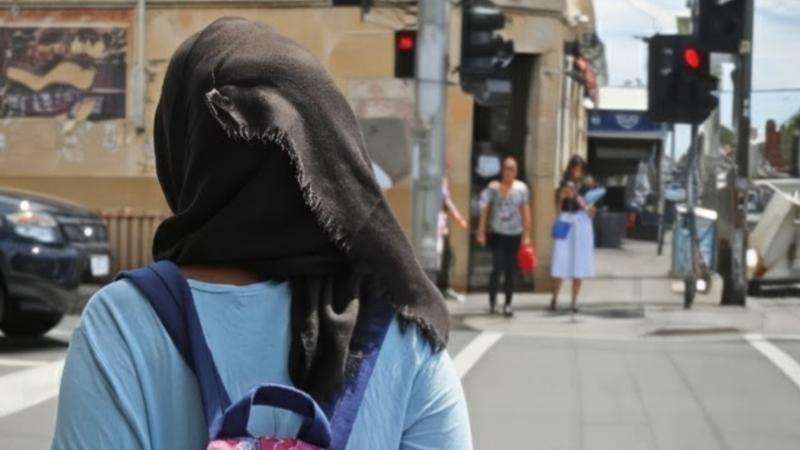
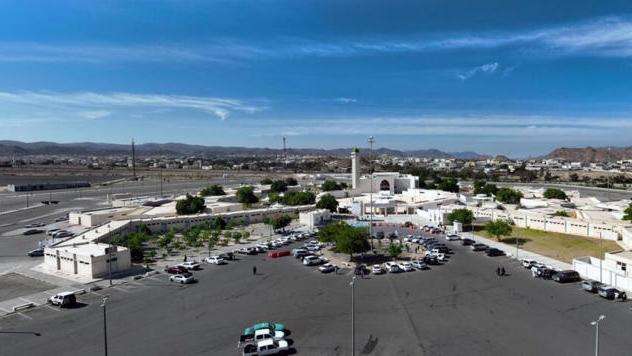
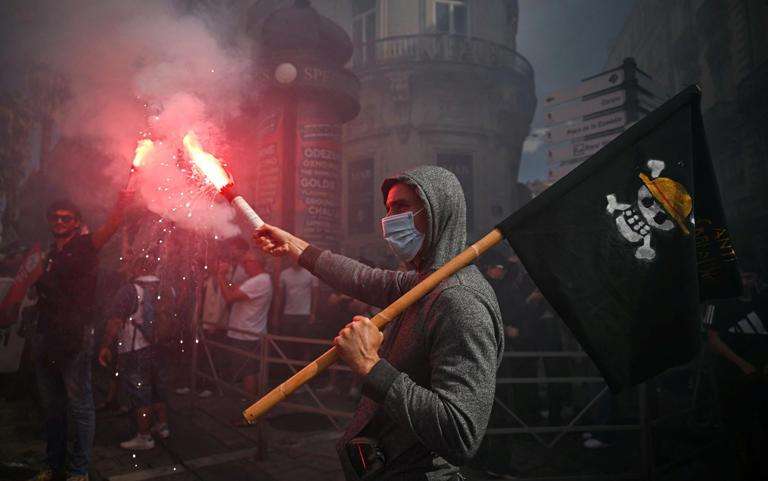
_7.jpg)


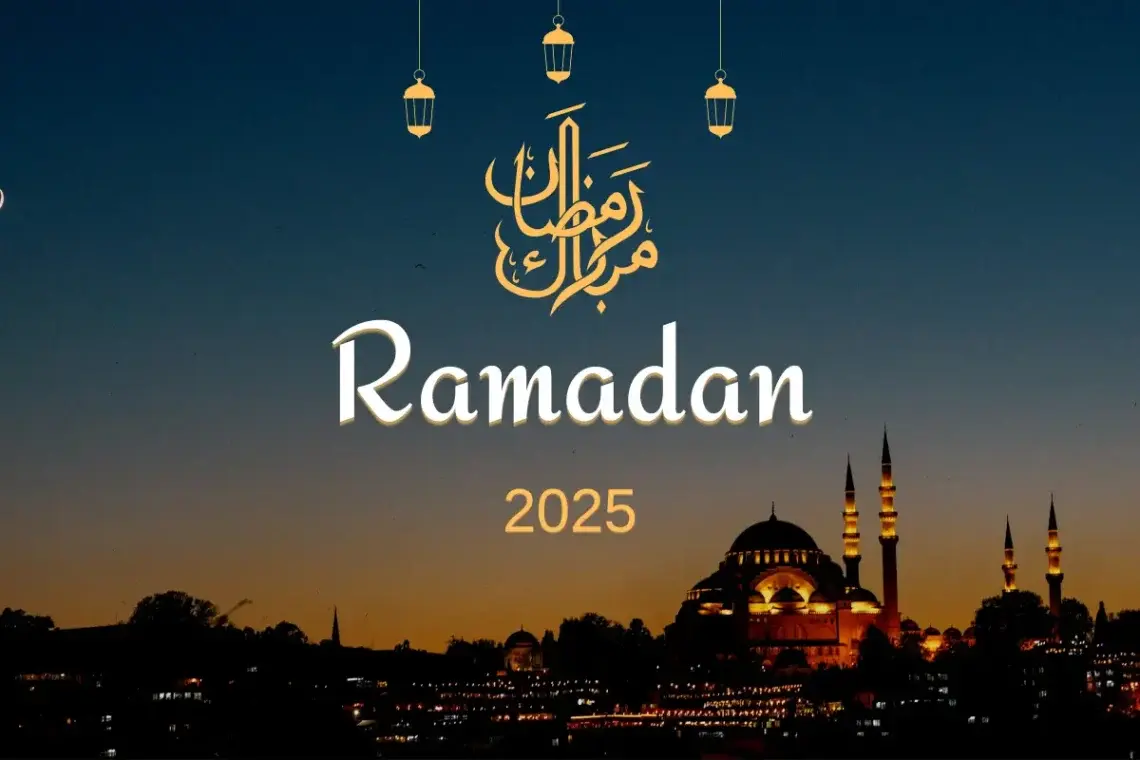
.svg)


